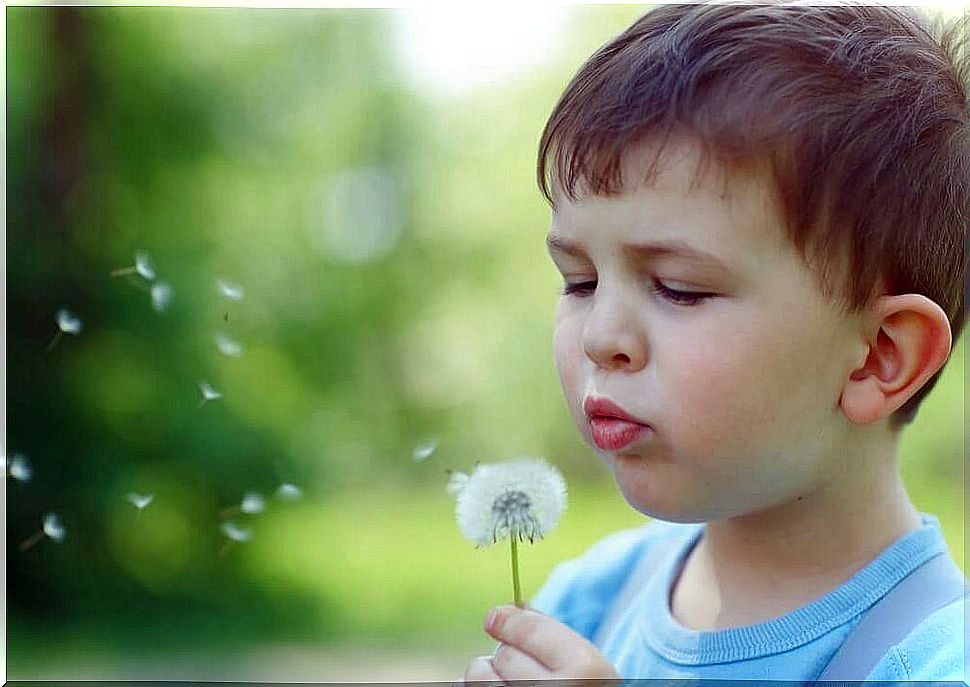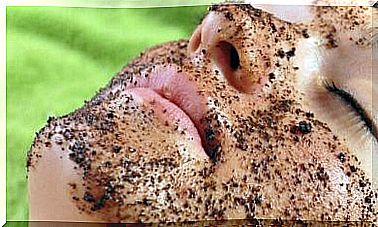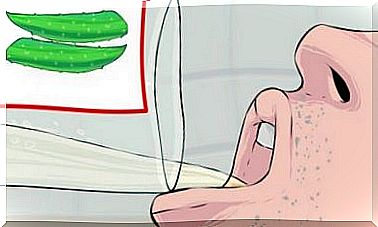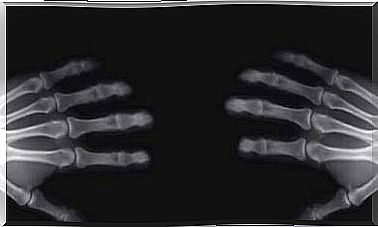Autism Day: Let’s Create A World Based On Inclusion And Tolerance
One of the biggest problems that arises regarding autism is the lack of integration and awareness in the society. We must do all we can to normalize the situation.

April 2 marks World Autism Awareness Day.
Any parent who has the challenge of educating a child diagnosed with autism knows that it is not easy, but that personal triumphs provide regular relief.
Autism disorder is diagnosed in 1 in 68 people. However, due to the myriad ways it can affect each individual, there are adults who are diagnosed at a very late age.
It is a communication and neurological development disorder characterized in particular by social impairment, which needs to be detected early in order to be able to stimulate all the capacities in children, as far as possible.
The ultimate goal is to facilitate inclusion so that the child can have a happy and as independent life as possible, feeling included in society.
This is why it is necessary that we all be made aware.
Autism and the need to “make the invisible visible”
For a family, it is never easy to make the link between the peculiarities of their child and autism. Associations tell us that many parents think that their child has a hearing problem, or that he has a very difficult character.
This is why, as parents, we must be very observant and sensitive to the following characteristics, which could alert us about autism.
First symptoms
- The child does not support the gaze.
- He is crying for no apparent reason and it is very difficult to calm him down.
- When the baby is 3 months old, he should respond to a “social smile”. The autistic child does not have this behavior.
- He doesn’t look back when called by his first name.
- Does not imitate and when he plays he spends a lot of time lining up toys.
- Spends a lot of time in acquiring communication skills. In fact, he may be 2 years old and only know how to pronounce 4 words.
- Don’t respond to orders.
- Bothered by loud and unexpected sounds, as well as determined colors, textures and even tastes.
- Has a certain delay in maturity when walking, as well as in fine motor skills.
- He has problems with sleep, eating, sphincter control, etc.
What Society Needs To Know About Children With Autism Spectrum Disorder (ASD)
Some believe that autistic children are geniuses with antisocial behavior, but this rule is not always true.
No autistic child is alike. Depending on the degree of the disease, it will be more or less limited, with skills or aspects to be stimulated.
- There are people who come into adulthood without knowing that they are on the autism spectrum. Despite the fact that they feel different, especially on the social level, they have learned to adapt but by feeling many daily difficulties of which they do not know the reason or the origin.
- Autistic children are not geniuses. Sometimes, they can present a good aptitude in a concrete sector: drawing, mathematics… However, there are also children with very serious maturity deficiencies who cannot develop their communication skills.
- Another fact that we can take into account about autism is that today, we know the etiology. For a while it was believed that the cause of autism was the family’s educational model, but that is completely wrong.
- Children with autism don’t shy away from affection, and don’t dislike physical contact. Most of them are very close to their parents and suffer from social rejection like everyone else.
Children with autism have emotions, so we need to facilitate their inclusion, recognition and happiness.
Integrating the autistic child is everyone’s responsibility
We are all educational agents. Acting as facilitators in our environment so that we all feel included and respected is essential.
- We need families to have access to all the information and resources that will allow them to understand and meet the needs of their children.
- Second, at school, it is not enough to listen to their “educational specificities”. We must take a step further and practice inclusion, that is to say, allow the child to have a life as normal as possible inside his classroom.
- Likewise, the rest of the institutions, such as health or work institutions, must be sensitive to all children with autism. Each person is a world and has its specificities.
If we listen to them correctly, they are people with great potential (even if unfortunately, and according to data from associations, 80% of them find themselves unemployed).
It is necessary to be aware of this and to be receptive in order to have a better world, and for it to be a place where everyone is valued at their fair value.









